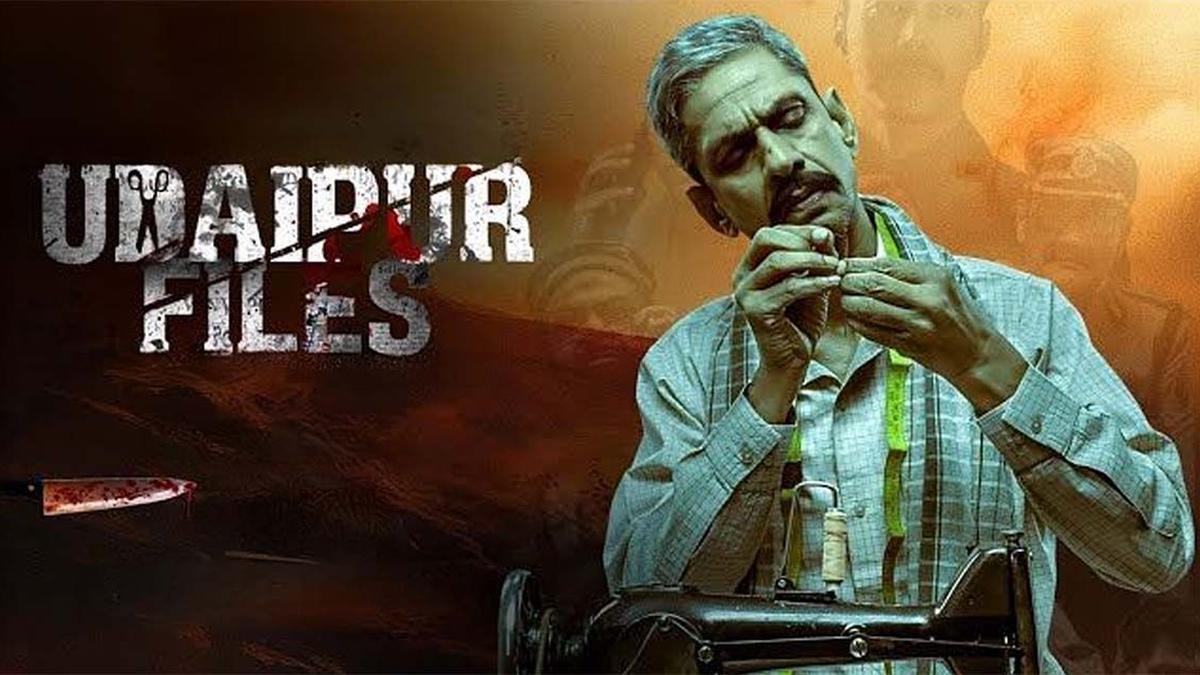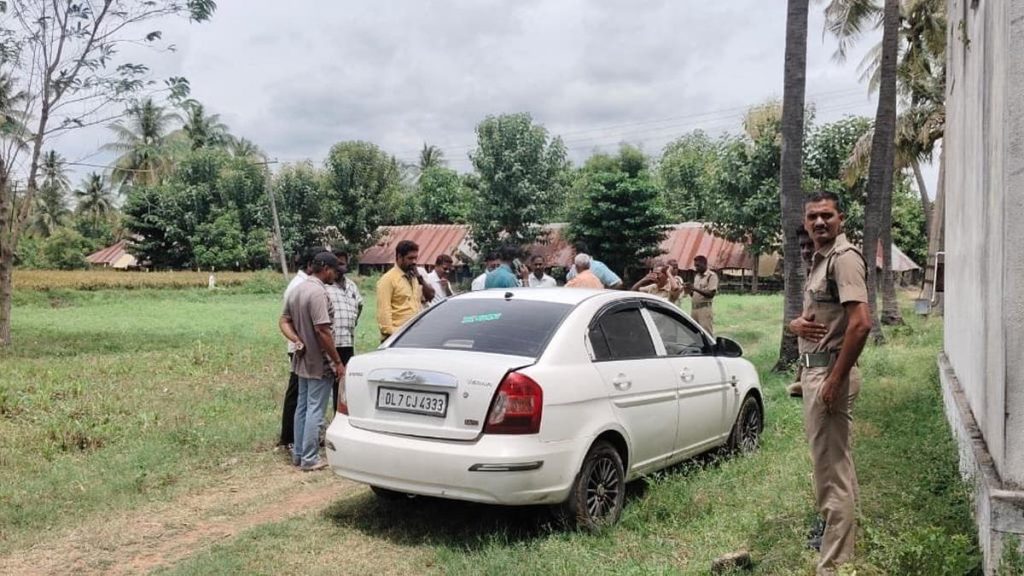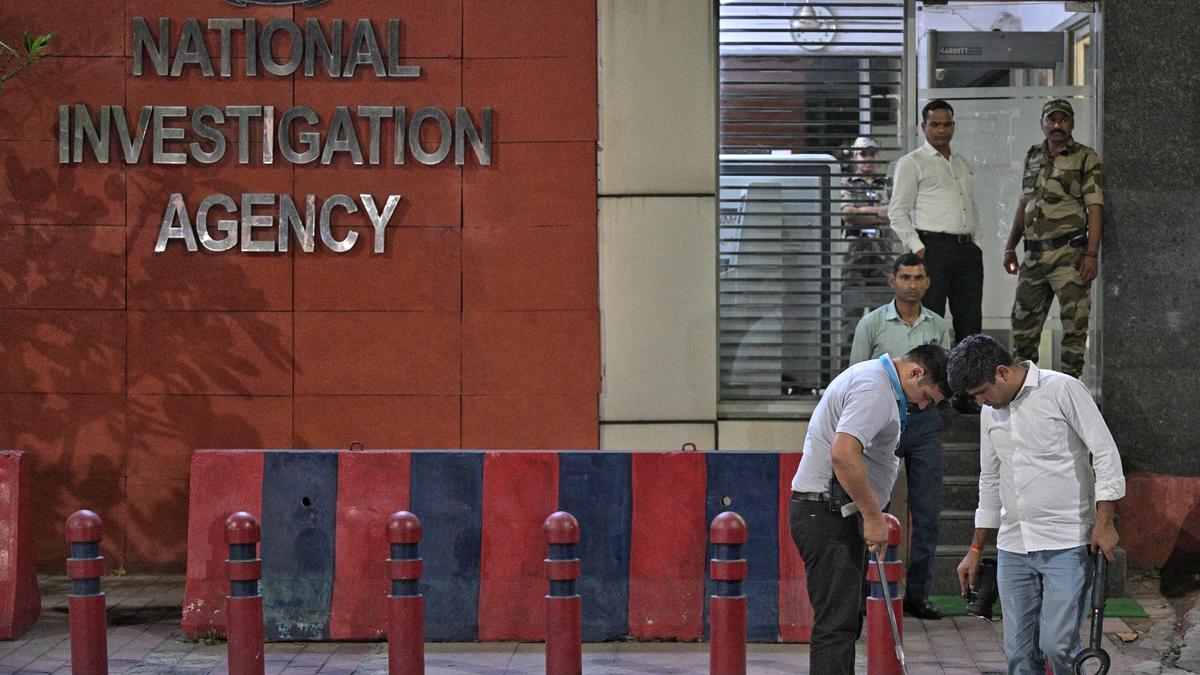Now Reading: Supreme Court Delays ‘Udaipur Files’ Hearing to July 21, Awaits Centre’s Input
-
01
Supreme Court Delays ‘Udaipur Files’ Hearing to July 21, Awaits Centre’s Input
Supreme Court Delays ‘Udaipur Files’ Hearing to July 21, Awaits Centre’s Input

Quick Summary
- Supreme Court Deferral: Supreme Court deferred hearing on the film Udaipur Files – Kanhaiya Lal Tailor Murder to July 21, awaiting a decision by a panel appointed by the Center to hear objections.
- Panel Meeting: The Centre’s panel is scheduled to convene on Wednesday at 2:30 p.m.
- Concerns Over Reputation and Harmony: A judicial Bench stated that while filmmakers can be compensated monetarily, reputational damage to accused parties cannot be redressed if the film is released prematurely.
- Challenges Over Ban: Filmmakers challenged a July 10 Delhi High Court decision staying the release until the Centre addresses concerns about societal disharmony raised in pleas against the movie.
- Petitions Against Film’s release: Jamiat Ulama-i-Hind’s president Maulana Arshad Madani filed one such petition citing communal disharmony risks posed by dialogues shown in its trailer.
- Original Case Context: Kanhaiya Lal was murdered in Udaipur (June 2022) allegedly over sharing social media content supporting BJP leader Nupur Sharma after her controversial remarks on Prophet Mohammed. Assailants uploaded videos claiming motivation for murder.
- Investigation and Legal Proceedings: The National Investigation Agency took over case probing potential international links, booking accused under unlawful Activities Prevention Act alongside IPC provisions; trial ongoing before NIA court in Jaipur.
Indian Opinion Analysis
The ongoing discourse surrounding Udaipur Files illustrates critical tensions between creative freedoms and societal obligation. While arguments from critics stress potential risks of reigniting communal sensitivities via the film’s content, defenders emphasize artistic merit and narrative expression tied to a real-life tragedy already receiving legal attention. The Supreme Court points towards careful procedural oversight balancing free speech with public order concerns amid allegations of prejudice reflected within promotional materials.
This development underlines India’s dynamic engagement with cinematic storytelling intersecting legal scrutiny, especially around sensitive cases involving national security or religious sentiments-further highlighting evolving boundaries between expression rights versus collective harmony protections in contemporary policymaking.
























